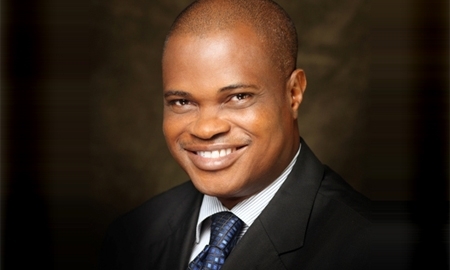With less than 10% market penetration, Nigeria holds huge growth potential for the insurance sector. According to the National Insurance Commission (NAICOM), the industry regulator, insurance contributes less than 1% to the nation’s GDP; by comparison in South Africa it is about 15%. Despite the global financial slowdown, Nigeria’s insurance industry grew by 25% in 2008, 30% in 2009, and an approximate 26% in 2010.
Efforts are being made to raise the image and profile of the industry and to increase the penetration and popularity of insurance products, including NAICOM’s Market Development and Restructuring Initiative (MDRI), which aims to enforce 16 lines of compulsory insurance. In addition, the Nigerian Oil and Gas Industry Content Development Act of 2010 essentially stipulates that 70% of insurance bought by the nation’s energy industry must come from Nigerian insurers. “Insurance companies are also moving beyond government offices and talking to private house-owners, and have a massive campaign to get more and more people to take out insurance,” says Fola Daniel, Commissioner for Insurance of NAICOM.
Unlike in Europe, for example, where insurance was developed around a mass retail market, in Nigeria insurance was initially introduced to take care of corporate entities, and later for high net-worth individuals. “That meant the mass market was not factored in,” says
Chike Mokwunye, Group Managing Director of
Royal Exchange Plc., Nigeria’s first insurance house. “All of our efforts right now in Nigeria are geared towards corporate entities; the retail market has been left unexplored.”
Mr. Mokwunye sees tapping into the informal sector of Nigeria’s economy, especially agriculture, which represents 42% of GDP and provides about 70% of job opportunities, as intrinsic to the company’s future growth. The GMD also points out a different approach is needed with the informal market, compared with corporate clients, due to reduced literacy rates and access to customers in remote villages.
Trust and confidence are essential in the insurance business. “There are companies in Nigeria today that have insured with Royal Exchange for over 80 years,” says Mr. Mokwunye. “They have not stayed with us for such a long time simply because we are the oldest; they have stayed because we can deliver what they want and have trust in us.”
In 2007, Royal Exchange transformed from an insurance-centric company to a broad-based financial services provider offering general and health insurance, finance solutions, wealth management, life assurance and microfinance banking. Mr. Mokwunye also says that given the company’s vast and diverse portfolio, it is open for U.S. partnerships in many arenas.

0 COMMENTS